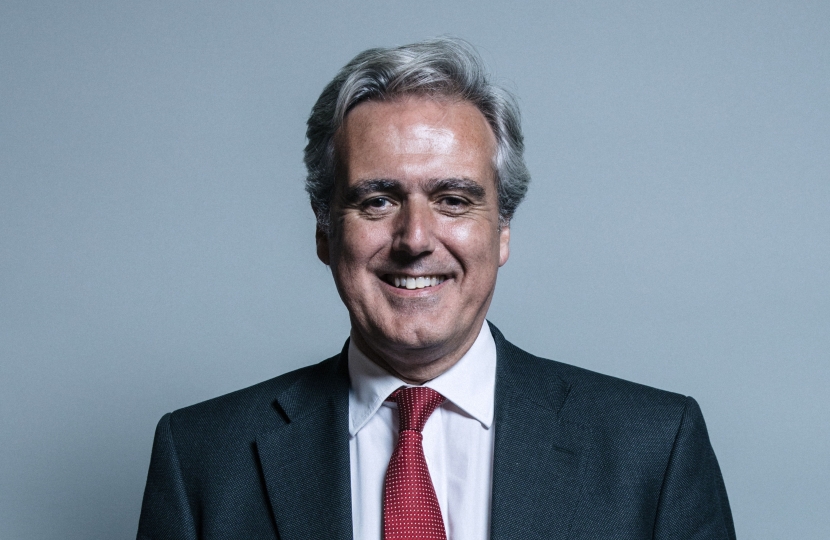
The process of the EU Withdrawal Bill continues through its committee stage in the House of Commons. A technical piece of Commons machinations, several hundred amendments have been put forward by MPs of all views. The government is clear: we want a Brexit that provides as good a trading relationship with the EU as possible and a sensible divorce bill. And we want to be able to trade with the rest of the world under our own, negotiated terms.
One thing that has recently stimulated a fair degree of interest in my post bag is that of standards. As we leave the EU and negotiate new free trade deals, people are asking – quite justifiably – if we will maintain our standards. This question comes from the fact that all our standards are currently set by the EU and will we maintain them post Brexit? Indeed, some of our standards are set higher than the minimum required by the EU in a variety of areas.
This question can be characterised by the “chlorinated chicken” debate. Currently, EU standards of chicken rearing mean that there is little chance of bacteria growing in chicken feathers as they grow, so there is no need to more than rinse the carcass in water during preparation for consumption. IN America, they have lower standards of rearing so there is likely to be more bacteria and so the US authorities require chicken carcasses to be rinsed in chlorinated water. Campaigners in the UK are appalled at this idea and want to make sure we are not forced to import US chlorinated chicken. However, all bagged salads in the EU are required to be rinsed in chlorinated water and, I am told, food poisoning from chicken is four times as high in the EU as it is in the US.
Any trade deal with the EU will need, I have no doubt, to maintain the standards we expect now. But when it comes to non EU deals, we will have to set our own standards. I know that consumers in the UK will not be prepared to compromise standards with regards new trade deals. That is why any trade deal needs to negotiated in a way that meets the expectations of the UK. There is absolutely no question that UK standards – from food standards, through animal welfare to safety in manufactured goods – will be compromised just to secure early deals.
